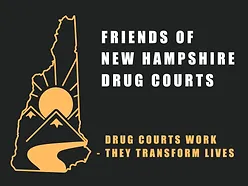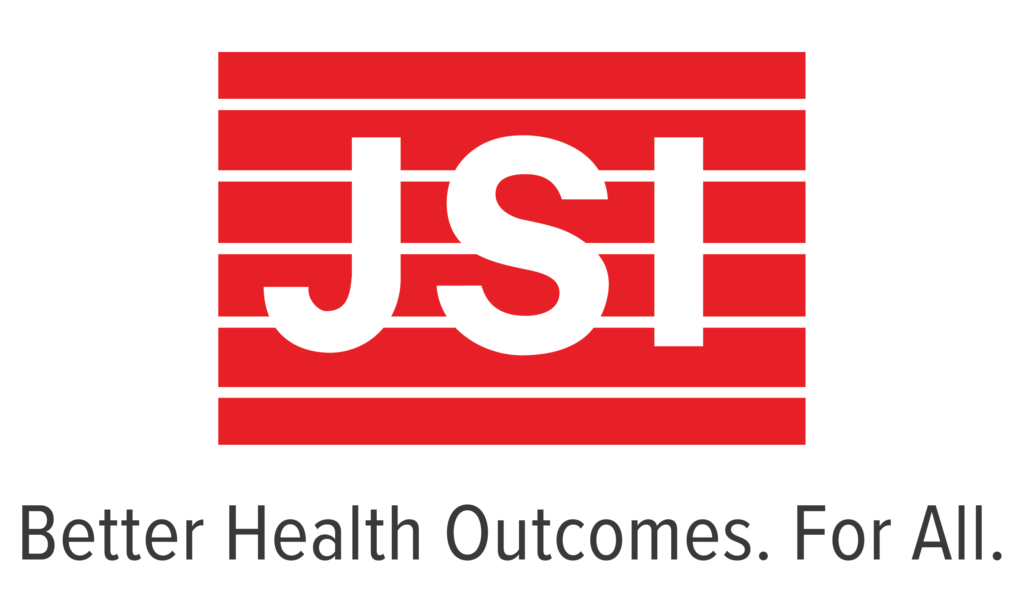NEW HAMPSHIRE TREATMENT COURT CONFERENCE
SEPTEMBER 19 & 20, 2024
GRAND SUMMIT HOTEL AT ATTITASH
BARTLETT, NH
Registration is Open!
The event features two-days of educational sessions that inspire, provoke, and precipitate discussion about issues facing NH’s treatment courts and the people they serve.
The conference will include keynote speakers, panel discussions and educational sessions on a variety of topics as well as provide networking opportunities throughout the two days.
Why attend?
-Face to face networking opportunities
-Exhibitors
-Continuing educational credit
-A variety of educational sessions to choose from
-Nationally and locally recognized expert presenters
WHO SHOULD ATTEND
The NH Treatment Court Conference brings together treatment court coordinators, case managers, community support organizations, probation and parole, judges, attorneys, behavioral health providers, social workers, and law enforcement for two-days of education on how to better support persons throughout NH involved with treatment courts.
This event is hosted by Friends of NH Drug Courts and JSI Research and Training Institute, Inc.

The Friends of New Hampshire Drug Courts is the first in the nation statewide drug court support organization. As a statewide non-profit, the Friends is dedicated to supporting the activities and participants of New Hampshire’s drug courts. The Friends, which first formed in the early 2000s as the Friends of the Grafton County Drug Court, officially expanded into a statewide organization in 2015. Since that time, the Friends has raised and contributed more than $150,000 to participants in New Hampshire’s nine drug courts operating in all ten counties. With your support, the Friends will continue to support these critical diversion programs and help their participants complete drug court and maintain long-term recovery.

JSI Research & Training Institute, Inc., is a public health management consulting and research organizations dedicated to improving the health of individuals and communities throughout the world. The mission is to improve the health of underserved people and communities and to provide a place where people of passion and commitment can pursue this cause.
The team at JSI is provides event management, fiscal management, and logistical support for the NH Treatment Court Conference.
contact us
Please contact [email protected] or 603-573-3306 with all NH Treatment Court Conference questions.
REQUIRED DISCLAIMER
JSI, the judges, and the other participants do not endorse any products from exhibitors or sponsors. In addition, the views expressed in written conference materials or publications and by speakers and moderators do not necessarily reflect the official policy of JSI, the judges, and the other participants; nor does mention of trade names, commercial practices, or organizations imply endorsement by JSI, the judges, and the other participants.
This project was supported by Grant No. 15PBJA-21-GG-04133-DGCT awarded by the Bureau of Justice Assistance. The Bureau of Justice Assistance is a component of the Department of Justice’s Office of Justice Programs, which also includes the Bureau of Justice Statistics, the National Institute of Justice, the Office of Juvenile Justice and Delinquency Prevention, the Office for Victims of Crime, and the SMART Office. Points of view or opinions in this document are those of the author and do not necessarily represent the official position or policies of the U.S. Department of Justice.
